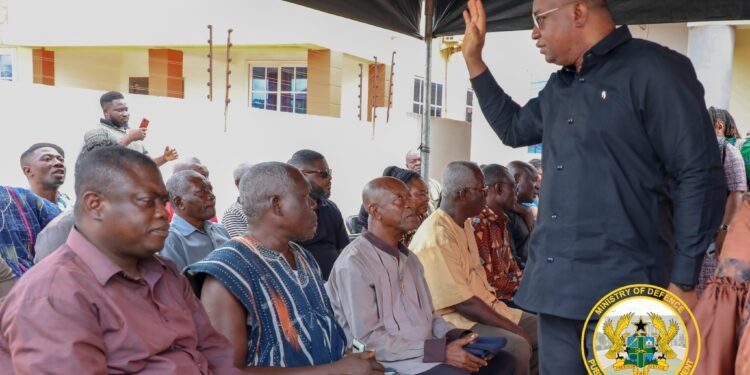In response to the President’s assertions, Professor Godfred Bokpin, an Economist and Professor of Finance, has argued that these rating agencies have demonstrated neutrality by providing favorable ratings of Ghana’s economy in the past.
At the Afreximbank’s 30th anniversary celebration on Monday, June 19, 2023, President Akufo-Addo criticized credit rating agencies for consistently downgrading Ghana’s economy, calling them “reckless” and claiming that they are not in the best interests of developing nations like Ghana.
President Akufo-Addo, who also serves as the AU champion for African financial institutions, expressed concern over the impact of credit rating downgrades on African economies. He contended that the “reckless behavior” of rating agencies has worsened Ghana’s economic situation, transforming a liquidity crisis into a solvency crisis. The President argued that such downgrades put undue pressure on African nations, hindering their ability to access the capital market and exacerbating their financial difficulties.
Contrasting the President’s claims that rating agencies were careless or biased in their assessments of Ghana’s economy, Professor Godfred Bokpin drew attention to the fact that these agencies’ methods are open to inspection and are public.
According to Professor Bokpin, even if the methodology were varied, the ratings have generally been fair, making it difficult to attribute bias to the agencies.
He further highlighted the fact that these same rating agencies, under the current government, have previously assigned positive ratings to Ghana, enabling the country to access the capital market for borrowing.
This, the economist said, reveals that the agencies are not intrinsically anti-government or careless and shows a degree of consistency.

Economic Analyst Calls For A Balanced Approach In Dealing With Rating Agencies
To address the concerns raised by both President Akufo-Addo and Professor Bokpin, an economic analyst has disclosed that a balanced approach is required.
According to the analyst, while it is essential to acknowledge the potential limitations and biases of credit rating agencies, it is equally important to recognize the value they provide in assessing credit risk and informing investment decisions, adding that Governments, including Ghana’s, should engage in constructive dialogue with rating agencies to better understand the factors that influence their evaluations and seek ways to improve the country’s creditworthiness.
Additionally, the analyst noted that improving governance and openness in emerging economies can lead to more accurate credit evaluations, stating that governments can show their dedication to solid financial management by resolving structural problems and putting in place measures that promote economic stability, thereby having a favorable effect on credit ratings.
To better understand the role of credit rating agencies in Ghana’s economic woes, the economic analyst communicated that it is crucial to examine the complexities of their operations.
By evaluating the creditworthiness of countries, firms, and financial instruments, rating agencies contribute significantly to the global financial system. Their ratings serve as indicators for investors, lenders, and governments to evaluate the risk associated with their investments.
Read also: Gov’t Numbed By Easiness With Which They Can Contract Loans- Prof Agyeman-Duah























